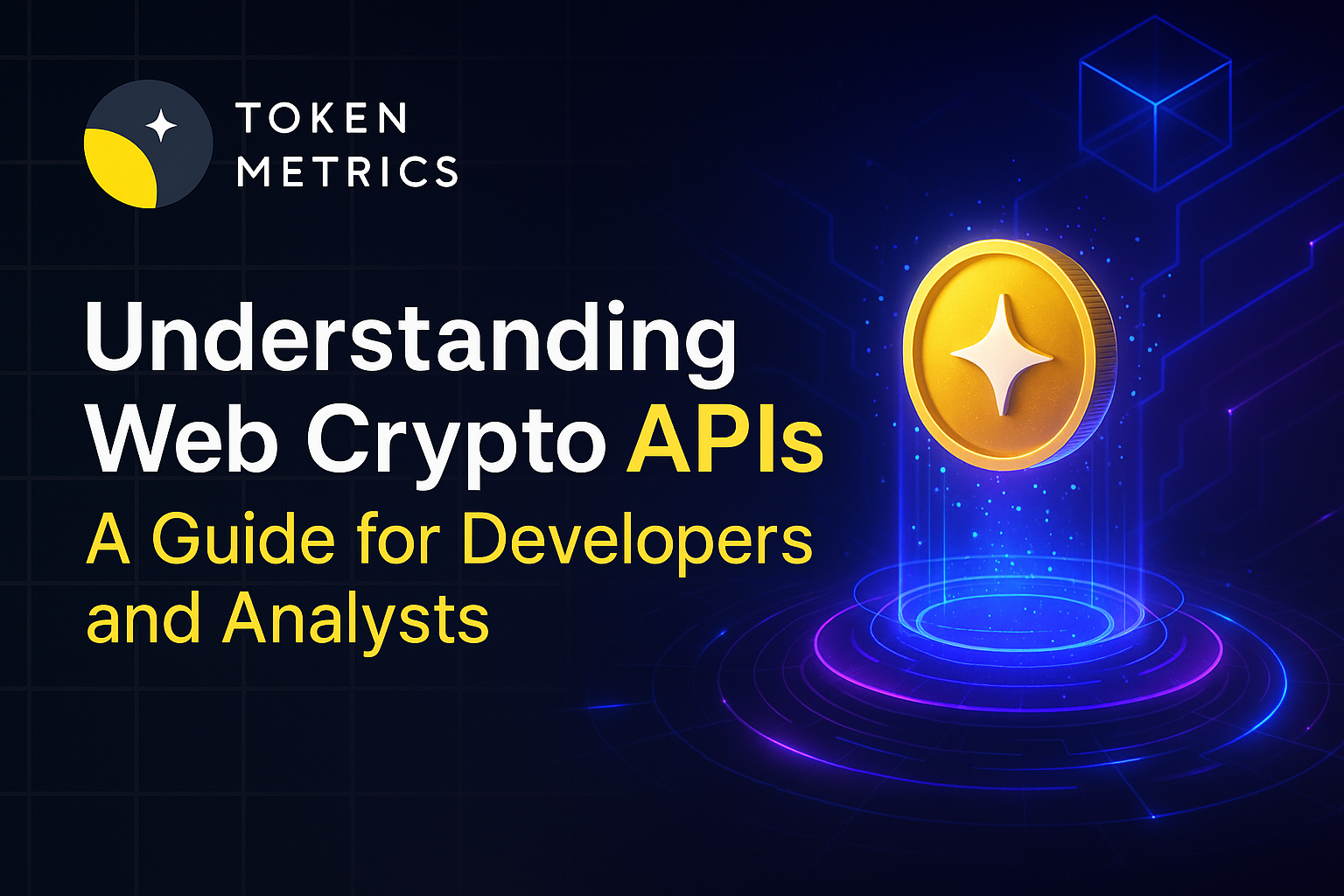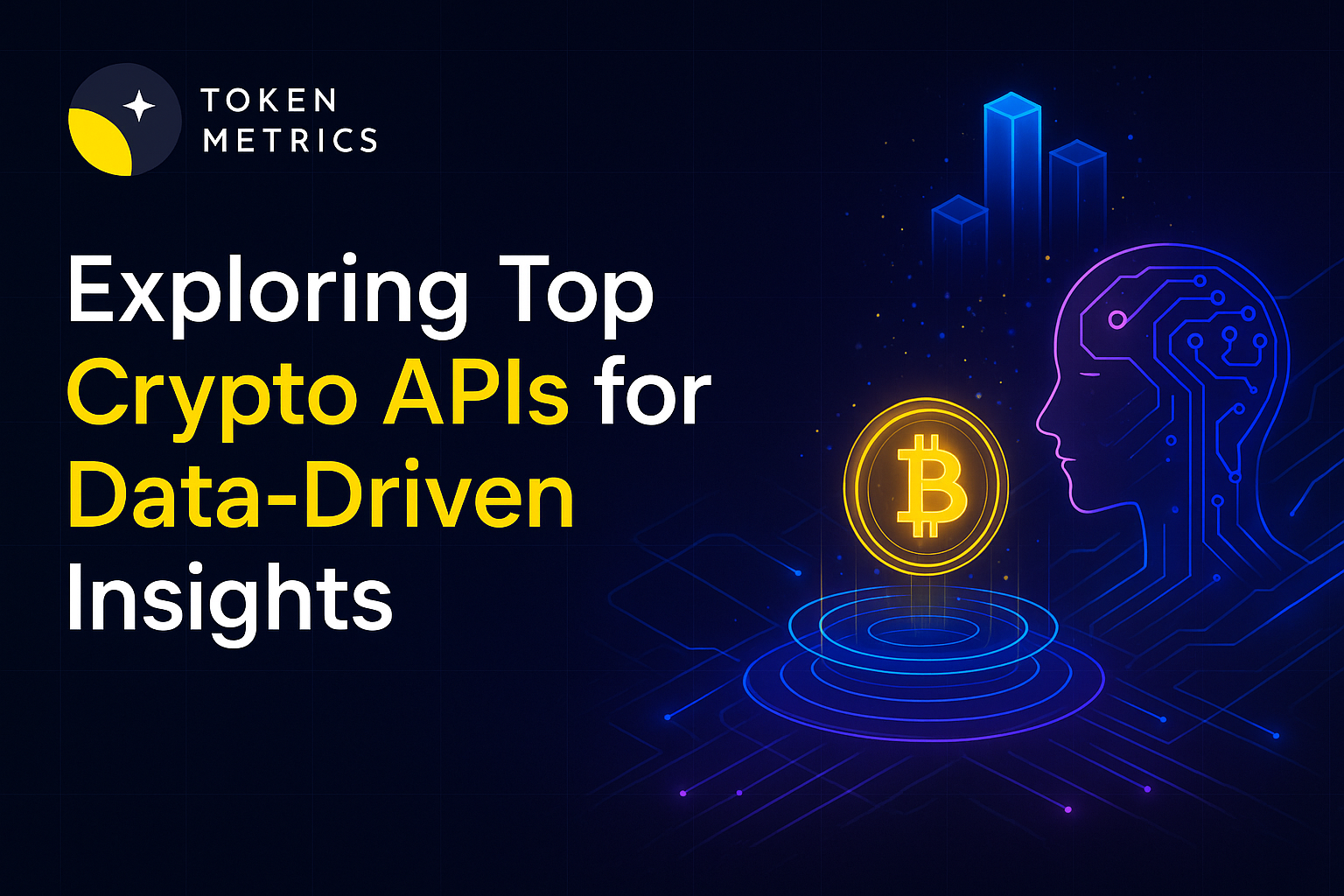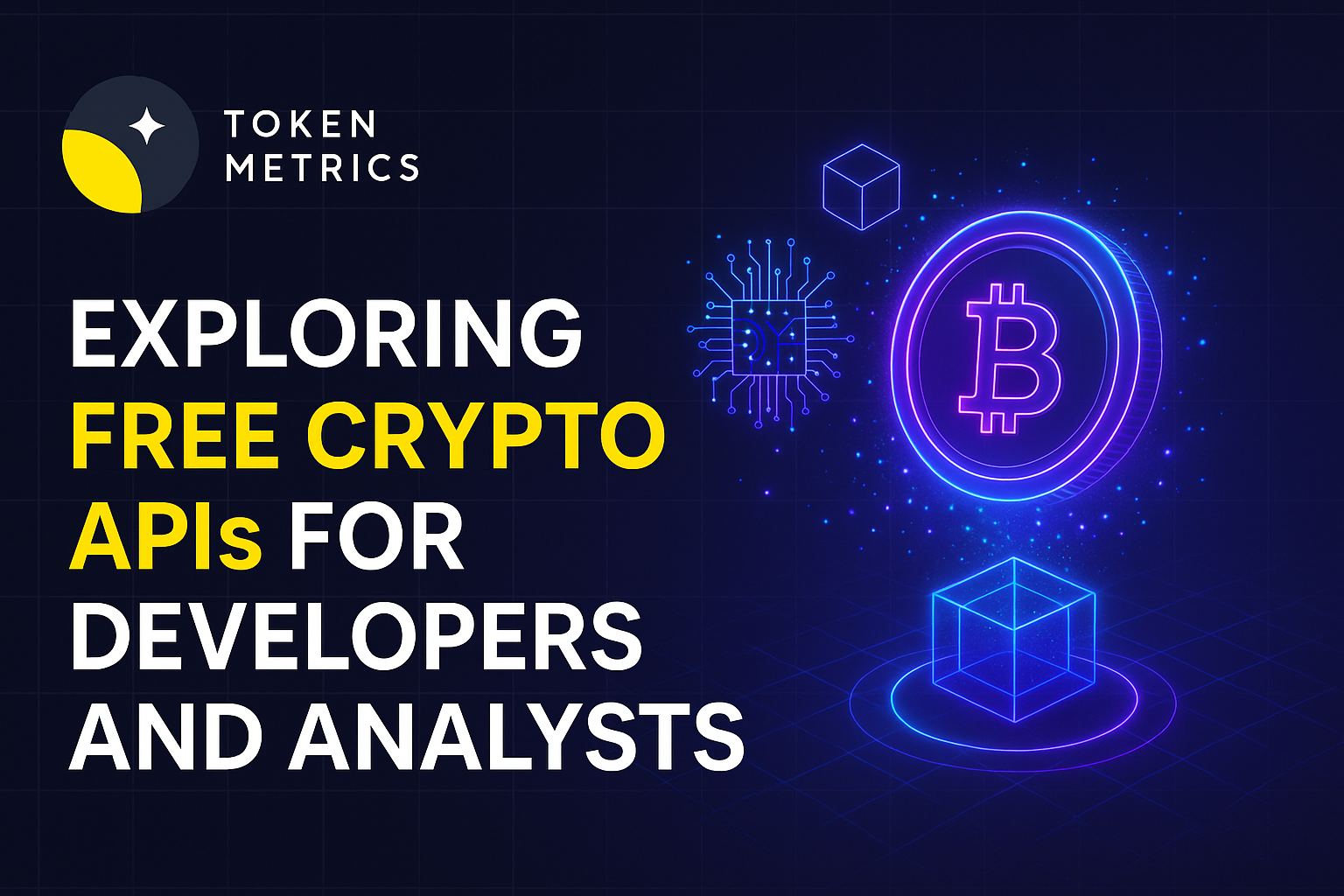
Best Play to Earn Crypto Games for Passive Income in 2024

Click here to buy Cryptocurrencies from Gate.io
In recent years, a new trend has emerged in the gaming industry - play to earn crypto games. These innovative games allow players to have fun and earn real money by participating in gameplay and achieving specific milestones.
With the rise of blockchain technology and the growing popularity of cryptocurrencies, play to earn games have gained significant traction among gamers worldwide.
The Rise of Play to Earn Crypto Games
Play to earn crypto games has revolutionized the traditional gaming landscape by introducing the concept of earning real-world value through gameplay.
Unlike traditional video games, where players are limited to in-game rewards and achievements, play to earn games offer tangible rewards in the form of cryptocurrencies and non-fungible tokens (NFTs). These rewards can be traded, sold, or exchanged for fiat currency.
The concept of play to earn games originated from the world of cryptocurrencies, where decentralized finance (DeFi) protocols incentivize users to participate and contribute to the network.
This concept was then integrated into the gaming industry, creating a new genre of games that combined entertainment with financial rewards.
How Play to Earn Games Work?
Play to earn games function through blockchain technology, which ensures transparency, security, and immutability. The game assets, such as characters, items, and in-game currencies, are tokenized as NFTs and stored on a blockchain.
It enables players to have true ownership over their in-game assets and the ability to trade or sell them on various marketplaces.
Players earn rewards in play to earn games by completing tasks, achieving goals, or participating in in-game competitions. These rewards are often in the form of cryptocurrencies, which can be staked, traded, or sold for profit. The earning potential in play to earn games is directly tied to the player's skill, dedication, and participation.
Top Play-to-Earn Crypto Games
A Play-to-Earn of play-to-earn crypto games are available in the market, each offering unique gameplay and earning opportunities. Let's take a closer look at some of the best play to earn games that have gained popularity among gamers:
1. Big Time
Big Time is a revolutionary role-playing game immersing players in the captivating world of Time’s End. Groups of six collaborate to undertake missions in dungeons, acquiring NFTs and tokens with substantial trading value.
The game's genesis aligns with blockchain-based gaming, focusing on an engaging and social experience without significant financial commitment. The esteemed development team includes figures from Decentraland and notable titles like Fortnite.
The fusion of immersive gameplay, cryptocurrency incentives, and an illustrious development team positions Big Time as a compelling prospect for gaming and digital asset enthusiasts.
2. Axie Infinity
Axie Infinity is a Pokemon-inspired game built on the Ethereum blockchain. In this game, players collect and breed digital creatures called Axies, which can be battled against other players.
Players earn Smooth Love Potion (SLP) tokens for winning battles, which can be traded for other cryptocurrencies or sold for fiat currency. Axie Infinity has gained a massive following and has become one of the most successful play to earn games to date.
3. The Sandbox
The Sandbox is a multiplayer metaverse game that allows players to create, own, and monetize their virtual worlds. Players can buy virtual land, build structures, create art, and even host events within their virtual space.
The Sandbox operates on the Ethereum and Polygon blockchains, and players can earn the game's native token, SAND, by participating and contributing to the ecosystem.
Click here to buy Cryptocurrencies from Gate.io
4. Decentraland
Decentraland is a virtual reality platform where players can explore, interact, and create their own digital experiences. Players can buy virtual land, build and monetize their creations, and engage in social activities with other players.
Decentraland operates on the Ethereum blockchain, and players can earn the game's native token, MANA, by participating in events and games or trading virtual assets.
5. Splinterlands
Splinterlands is a trading card game that allows players to collect, trade, and battle with digital cards. Each card is represented as an NFT, and players can earn in-game rewards by winning battles and completing quests.
Splinterlands operates on the HIVE and WAX blockchains, and players can trade their digital cards for other cryptocurrencies or sell them on various marketplaces.
6. Illuvium
Illuvium is an open-world adventure game where players capture and battle mythical creatures called Illuvials. Players can earn the game's native token, ILV, by completing quests, battling other players, and participating in in-game events. Illuvium offers a unique gameplay experience and has gained attention for its stunning visuals and immersive storytelling.
7. Revv Racing
Revv Racing is a multiplayer racing game that combines arcade-style gameplay with blockchain technology. Players can collect and race NFT cars, participate in tournaments, and earn rewards for their performance. Revv Racing operates on the Ethereum blockchain, and players can trade their NFT cars on various marketplaces.
8. Battle of Guardians
Battle of Guardians is a real-time multiplayer game where players battle with mythical creatures in epic battles. Players can earn the game's native token, BGS, by participating in battles, completing quests, and achieving high ranks.
Battle of Guardians operates on the Solana and Binance Smart Chain blockchains, and players can trade their in-game assets for other cryptocurrencies or sell them on supported marketplaces.
9. My Neighbor Alice
My Neighbor Alice is a farming-based game where players can own virtual land, cultivate crops, and interact with other players. Players can earn rewards by participating in farming activities and trading virtual assets on the game's marketplace.
My Neighbor Alice operates on the Chromia blockchain, and players can earn the game's native token, ALICE, by contributing to the game's ecosystem.
The Future of Play to Earn Crypto Games
Play to earn crypto games has witnessed tremendous growth in recent years, and the trend is expected to continue in the future. As blockchain technology becomes more mainstream and cryptocurrencies gain wider adoption, play to earn games are likely to attract more players and offer even more lucrative earning opportunities.
The integration of blockchain technology provides players with true ownership and control over their in-game assets, creating a sense of value and empowerment.
Moreover, play to earn games offer a unique opportunity for players to monetize their gaming skills and dedication, bridging the gap between the virtual and real worlds.
In conclusion, play to earn crypto games have brought a new dimension to the gaming industry, allowing players to have fun and make real money simultaneously.
With a wide range of games available across different genres and blockchain platforms, players have ample opportunities to explore and participate in this exciting and profitable gaming trend. So, why not dive into the world of play to earn games and start earning while doing what you love?
Disclaimer
The information provided on this website does not constitute investment advice, financial advice, trading advice, or any other advice, and you should not treat any of the website's content as such.
Token Metrics does not recommend buying, selling, or holding any cryptocurrency. Conduct your due diligence and consult your financial advisor before making investment decisions.
Click here to buy Cryptocurrencies from Gate.io

.svg)

Create Your Free Token Metrics Account

.png)




%201.svg)
%201.svg)


%201.svg)









.svg)




.png)